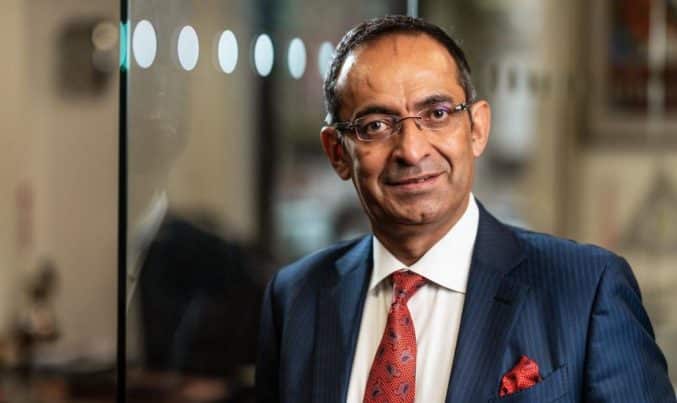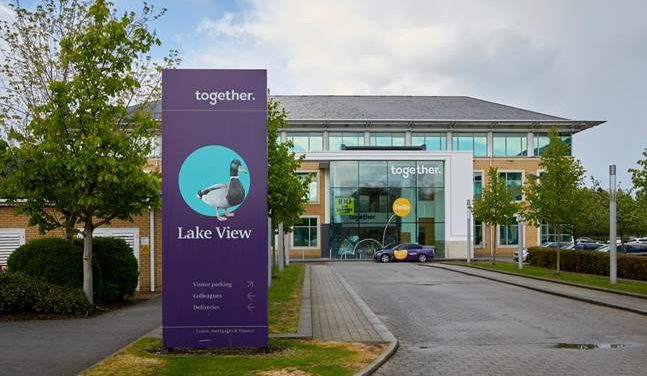Construction stalled by Covid pins hopes on homes
By Laura Miller
Builders suffered a second drop in their workload in the third quarter as the impact of Covid continued its toll, leaving construction pinning its hopes on a home building-led recovery.
Across the sector between July and September activity fell 7%, according to the RICS UK Construction and Infrastructure Survey.
This is an improvement on the previous three months where workloads collapsed 36% – but activity is still down heavily on last year where workloads grew 11%, showing how far the sector is from recovery.
Private commercial and ‘other’ public works building fell 21% and 12% respectively. Across private industrial, private and public housing and infrastructure there was no recovery from the declines seen in the second quarter.
Financial constraints and shortages of materials, coupled with insufficient demand, were the main reasons given for the subdued activity. A third more respondents also cited worsening credit conditions, which is having a negative impact on the cash flows of some businesses.
Tomer Aboody, director of property lender MT Finance, said: “With the huge fall in retail and shift in companies working out of the office, commercial developments will understandably take a hit. Developers will no doubt look to amend plans to suit the new way of working.”
Employers are also concerned about health and safety, while the uncertain mortgage conditions due to ever-changing credit criteria “aren’t helping”, he added.
Expectations are high in the construction sector for a rebound in 2021 triggered by greater demand for private housing.
A fifth of respondents to the RICS survey said they expect private housing workloads to rise rather than fall in the coming year – offering the construction sector a glimmer of home as it recovers from Covid 19.
Anticipated changes to the planning system, an extension to Help to Buy as well as the stamp duty holiday are being relied on to support growth in construction activity.
Amadeus Wilson, director of SPF Short Term Finance, pointed out most housebuilders’ financial results are benefitting from the stamp duty holiday, and he expected these policies to continue to support demand.
“The government may well see fit to extend the stamp duty holiday, if the restaurant and service sector were to remain muted then tax revenues need to be sought elsewhere,” he said.
Home refurbishments have never been so in demand, he added. “It doesn’t take much imagination to piece it together: if you are confined to the four walls of your property for at least six months over this year, you would like it to be as homely as possible.”
However, the RICS survey found no significant change in new business enquiries over the third quarter. Profit margins in construction are expected to decline over the course of the next twelve months, with 28% of respondents expecting a fall.
Aboody said he expected no good news for construction for the rest of the year. “Residential developments could be amended, with buyers focusing on outside space and amenities, allowing ‘work from home’ flexibility,” he said.
“This, along with Brexit and the uncertainty of construction workers from Europe and costs of materials changing, has left 2020 in more or less a pause until some clarity prevails in 2021.”
Builders will require longer-term confidence, not just in the property market but in the economy generally before making broader commitments, said Jeremy Leaf, north London estate agent and a former RICS residential chairman.
“The recently announced extension of lockdown restrictions will not help the decision-making process but if it is relatively short-lived, it is hoped that the gradual improvement in momentum will be sustained,” he added.

Laura Miller is a freelance journalist who writes about money and business. She regularly appears in UK national and trade newspapers and magazines, and has previously worked for ITV News and the Telegraph among others. Find her on twitter @thatlaurawrites











You must be logged in to post a comment.